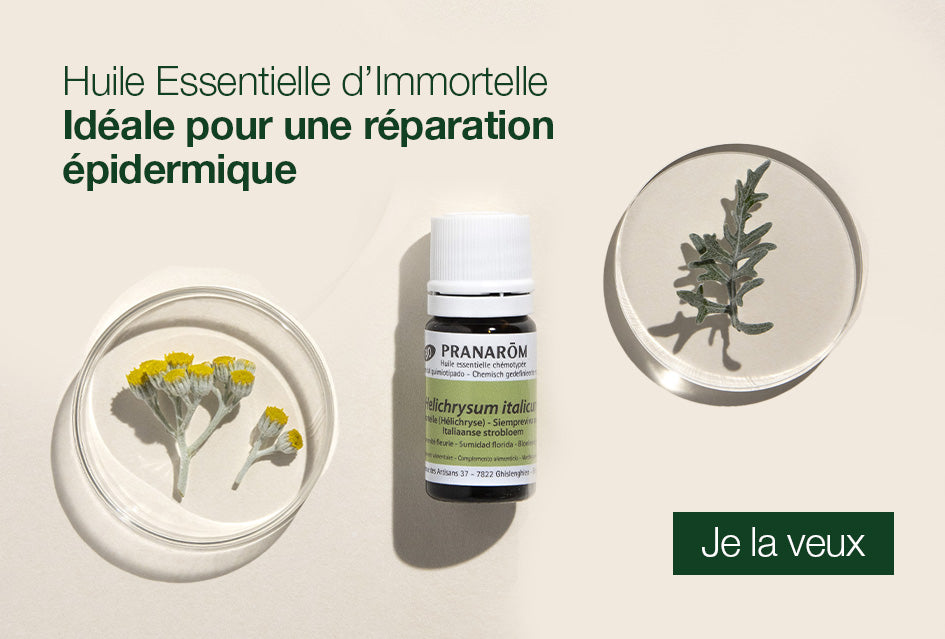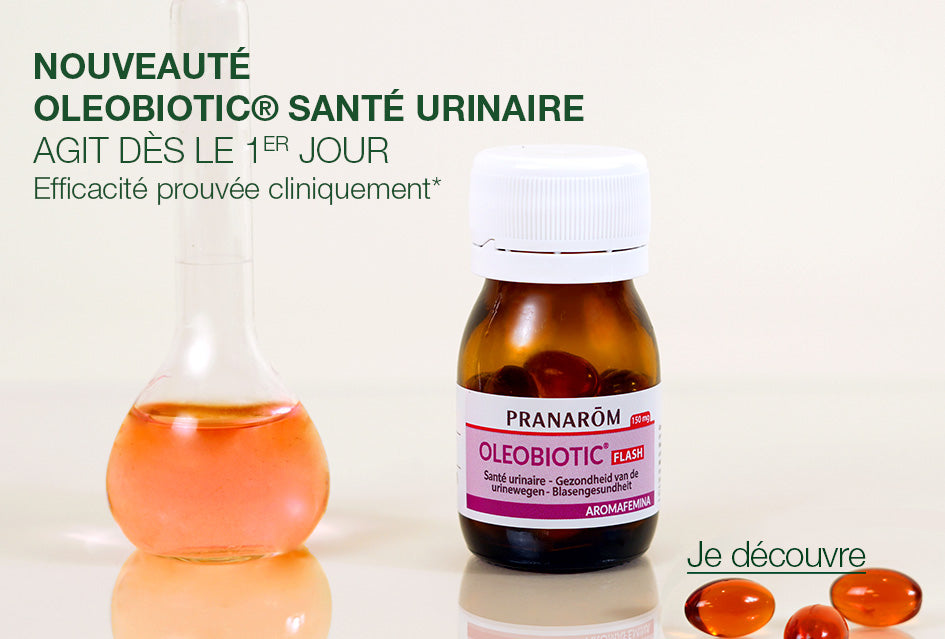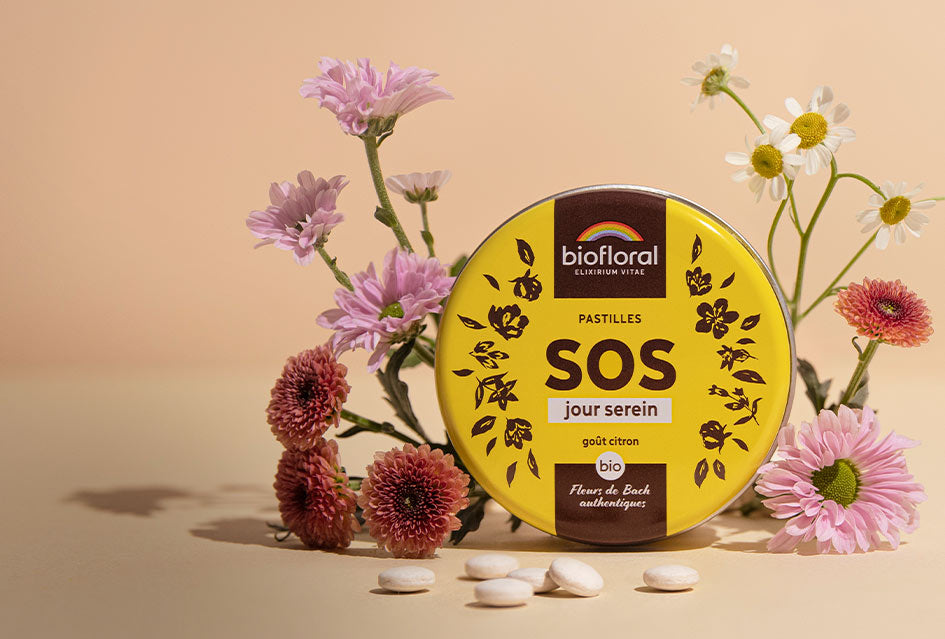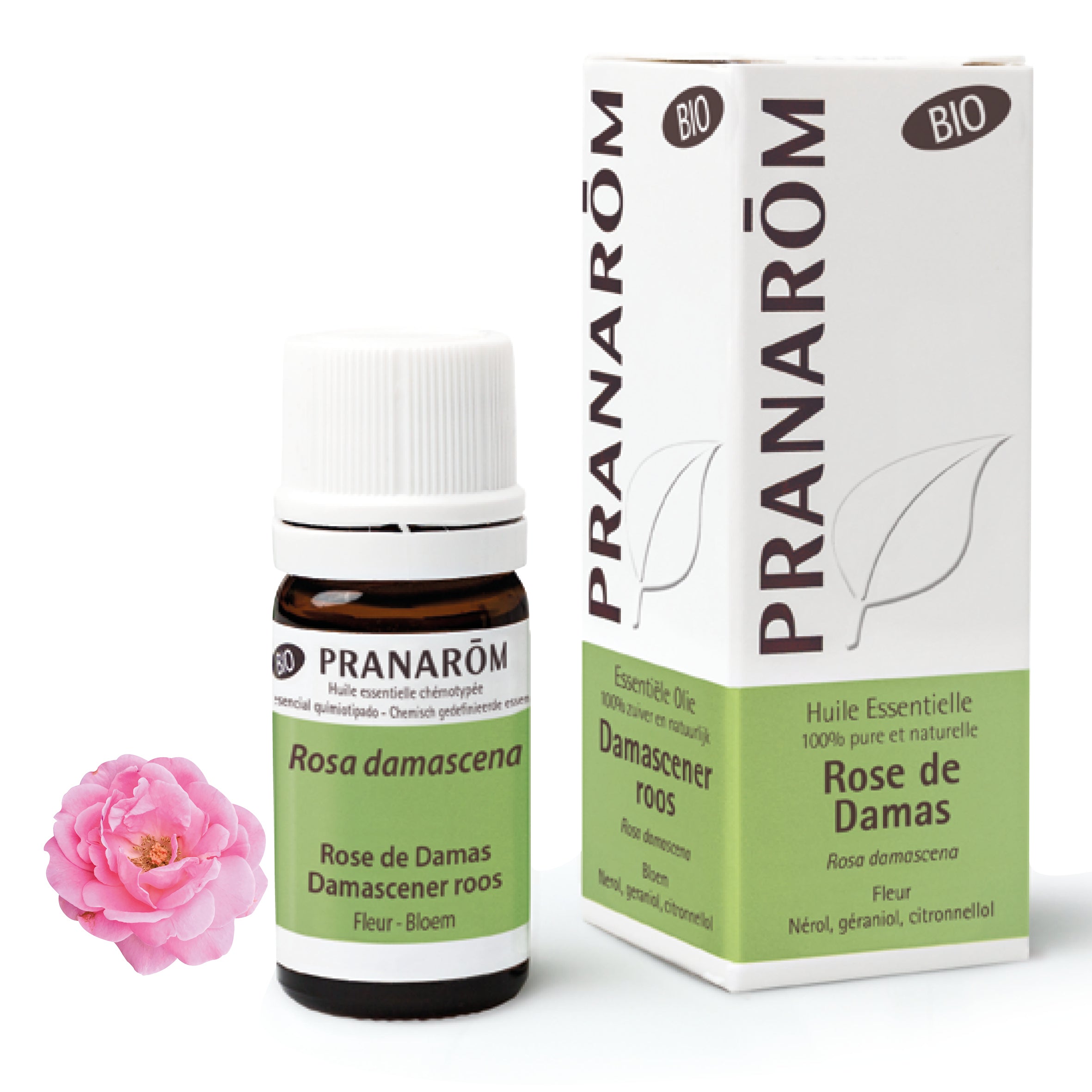Renal colic in a nutshell:
“Renal colic is a lumbar-abdominal pain caused by an obstruction in the urinary tract. It is a sudden decrease in tension in the excretory pathway of the urinary system upstream of an obstruction to urinary flow, most often caused by a lithiasis (kidney stone) or one of its fragments, but also by a necrotic papilla, a clot or a tumor.” 2 “The pain begins suddenly, most often in the morning and/or at night. It is felt on one side only, at the level of the affected kidney. It varies in intensity but has particularly sharp peaks. A dull pain frequently persists between each episode of attack, which can last from ten minutes to several hours. Renal colic is sometimes accompanied by digestive problems (nausea, vomiting, bloating) or urinary problems (frequent or sudden urge to urinate). The presence of blood in the urine is relatively common. 3
Damask Rose essential oil
Damask Rose Essential Oil has anxiolytic, anti-inflammatory, analgesic and antispasmodic properties confirmed by research. However, it had not yet been tested in the treatment of renal colic, the pain of which is currently treated mainly with morphine and pethidine but also with nonsteroidal anti-inflammatory agents, intravenous paracetamol, opiate analgesics, intranasal desmopressin and acupuncture. 4,5 . The aim of the present study, carried out in 2013 by Murat Ayan et al., was to explore the possibility of using EOs as an adjunct treatment to conventional drug treatments to alleviate the agony of renal colic 1 .
Experimentation
In this double-blind, randomized, placebo-controlled clinical study, 80 patients with renal colic were randomly assigned to two groups: Group I (n=40), conventional therapy 6 + placebo 7 and Group II (n=40), conventional therapy + aromatherapy by diffusion of 2% Damask rose essential oil. The severity of the patients' pain was assessed using the 'VAS' (Visual Analog Scale) scale divided into 0: no pain, 1-4: mild pain, 5-6: moderate pain and 7-10: severe pain. VAS, mean arterial pressure and pulse rate in beats per minute were measured in all patients before treatment, 10 and 30 minutes after treatment.
Results
- The mean VAS values of the placebo group decreased from 8.18 before treatment to 5.60 after 10 minutes and 3.75 after 30 minutes.
- The mean VAS values in the Aromatherapy group decreased from 8.63 before treatment to 4.25 after 10 minutes and 1.08 after 30 minutes. These values were statistically significantly lower than in the Placebo group.
- The baseline MAP and BPM values in the placebo group were higher than those in the aromatherapy group. At 10 and 30 minutes post-treatment, these values decreased in both groups and were higher in the placebo group. However, the results are still very promising and demonstrate the value of aromatherapy as an adjunct in pain management.
Sources :
-
Murat et al. “Investigating the effect of aromatherapy in patients with renal colic.” The Journal of Alternative and Complementary Medicine 19.4 (2013): 329-333.
-
Weber et al. Acute renal colic. HUG - Geneva University Hospitals. Primary Care Medicine Department. 2013. http://www.hug-ge.ch
-
Solano. Renal colic. June 2014. http://www.passeportsante.net/fr/Maux/Problemes/Fiche.aspx?doc=colique-nephretique.
-
75 mg of diclofenac intramuscularly
-
Diffusion of physiological serum, NaCl 0.9%












